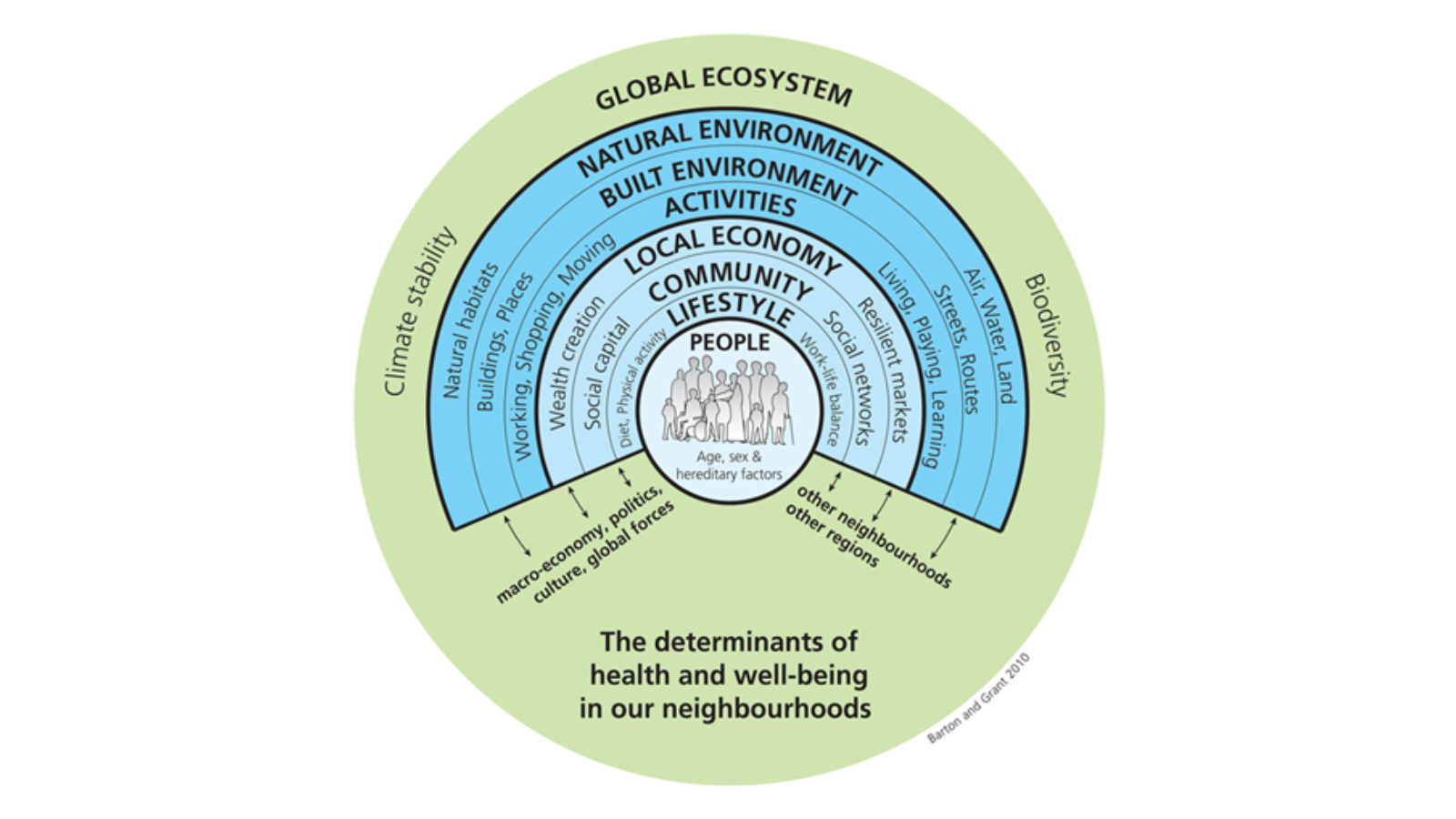Addressing wider determinants of health

Differences in the way a system addresses these factors and how a place distributes these can bring about social inequality, an important driver of the health inequalities.

When differences occur in the public experience of the factors outlined in the graphic above, which can be due to uneven paths to access these resources or barriers to accessing them, your level of health and wellbeing can be affected.

Core20PLUS5 is a national NHS England approach to inform action to reduce healthcare inequalities at both national and system level. The approach defines a target population – the ‘Core20PLUS’ – and identifies ‘5’ focus clinical areas requiring accelerated improvement.
Action to reduce health and social care inequalities locally
Within the approach all local level NHS are able to identify their own PLUS population groups. More will be shared in the coming months as to how Kent and Medway ICB have been involved in this.
Populations that would be identified are ethnic minority communities; people with a learning disability and autistic people; people with multiple long-term health conditions; other groups that share protected characteristics as defined by the Equality Act 2010; groups experiencing social exclusion, known as inclusion health groups and additional communities of interest, such as coastal communities (where there may be small areas of high deprivation hidden amongst relative affluence).
Inclusion health groups include: people experiencing homelessness, drug and alcohol dependence, vulnerable migrants, Gypsy, Roma and Traveller communities, sex workers, people in contact with the justice system, victims of modern slavery and other socially excluded groups.
